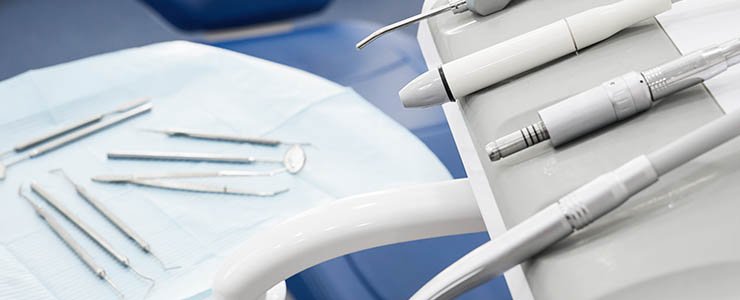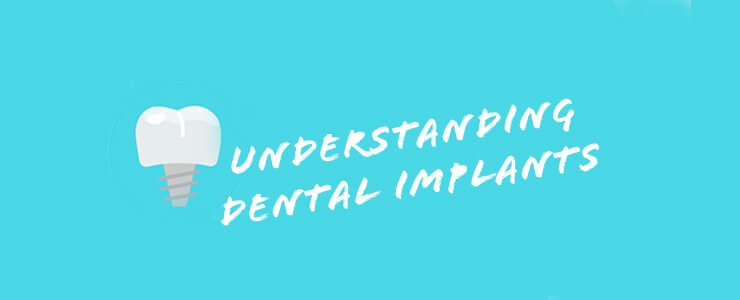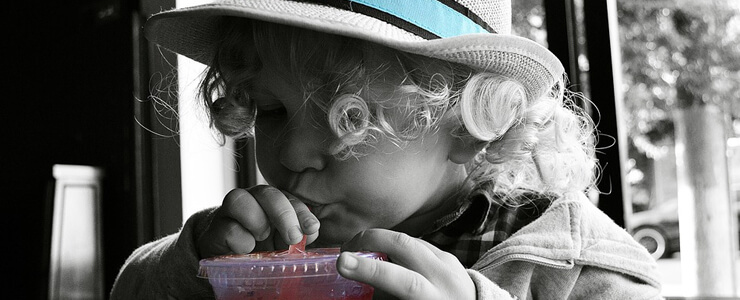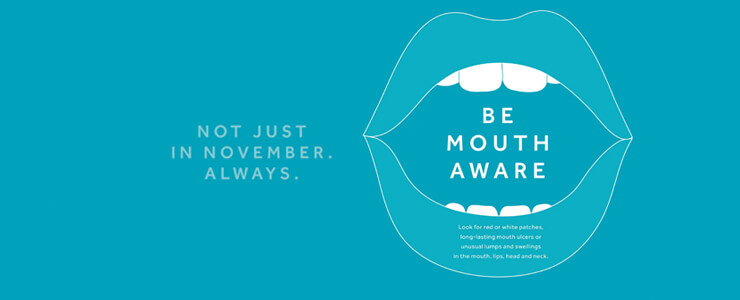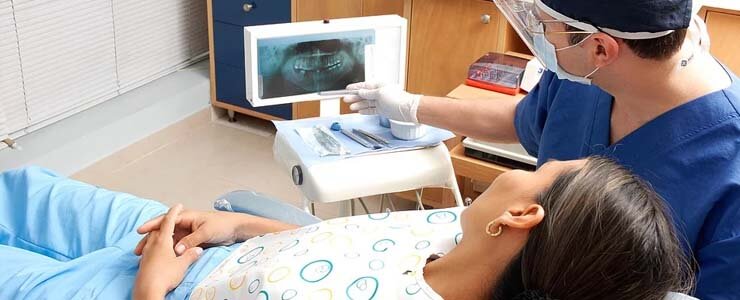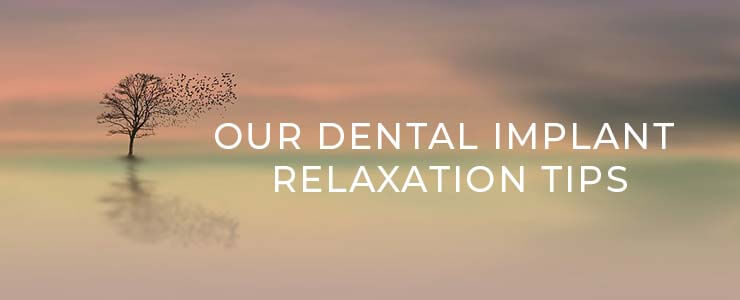Dental anxiety means more than just being a bit nervous about visiting the dentist. It can have a profound impact on your oral health and overall wellbeing. Recently, a leading UK dental law firm conducted a large-scale survey into the problem of dental anxiety.
Ninety-one per cent of those surveyed found they had experienced some of the following signs of anxiety – almost half experienced feelings of dread, a quarter suffered from a dry mouth, sweating or feeling sick and 15% had heart palpitations.
They were also asked what they specifically disliked about going to the dentist. Fear of pain, cost of treatment, needles and sound of drilling were all listed. People from Wales and the South West were particularly bothered by bad memories of a previous experience.
These bad experiences can be the result of experiencing pain or discomfort either during or after a dental procedure. Twenty-nine per cent stated that the dentist didn’t put them at ease.
Here at CK Dental, we are highly experienced at treating nervous patients and our practice is unique in offering both dental treatments both under sedation and general anaesthetic.
Dental treatment under general anaesthesia
Treatment can only be performed under a general anaesthetic in a hospital environment. CK Dental is located with the Nuffield Health Bristol Hospital, The Chesterfield in Clifton, making it one of the few dental practices in the UK that are able to offer dental treatment under general anaesthesia.
For severely dental phobic patients, this option represents the difference between being wholly incapable of visiting the dentist and being able to have a much-needed dental procedure. It is ideal for patients that have not found they are able to relax enough under conscious sedation to undergo treatment.
By providing this care in a hospital environment, you will be looked after by our anaesthetist, our lead dentist and a specially trained dental nurse and you will be further supported by the medical team available at the hospital.
For more information on the treatment options we offer dental phobic patients, including dental treatment under general anaesthesia, call 0117 905 9866.



